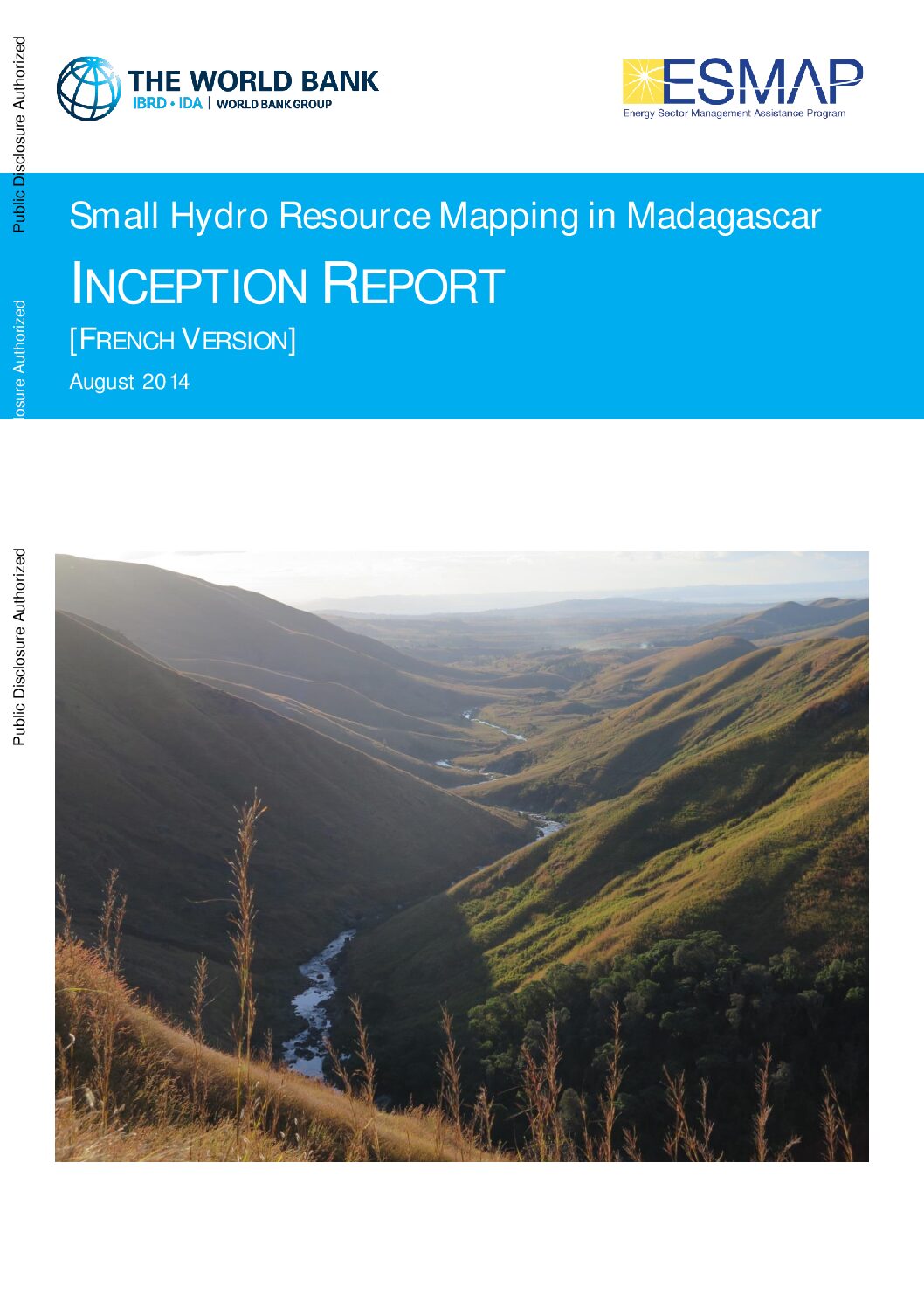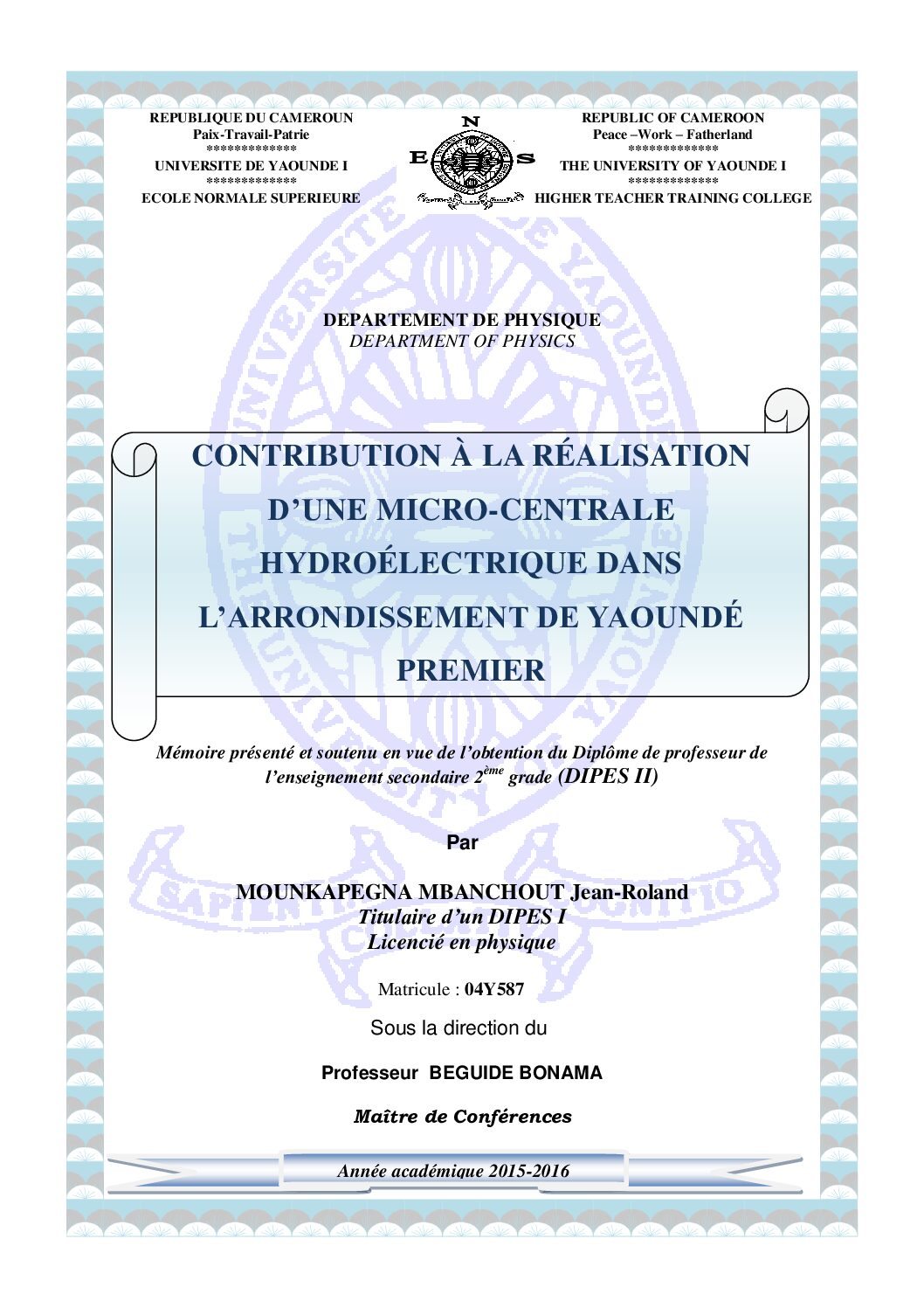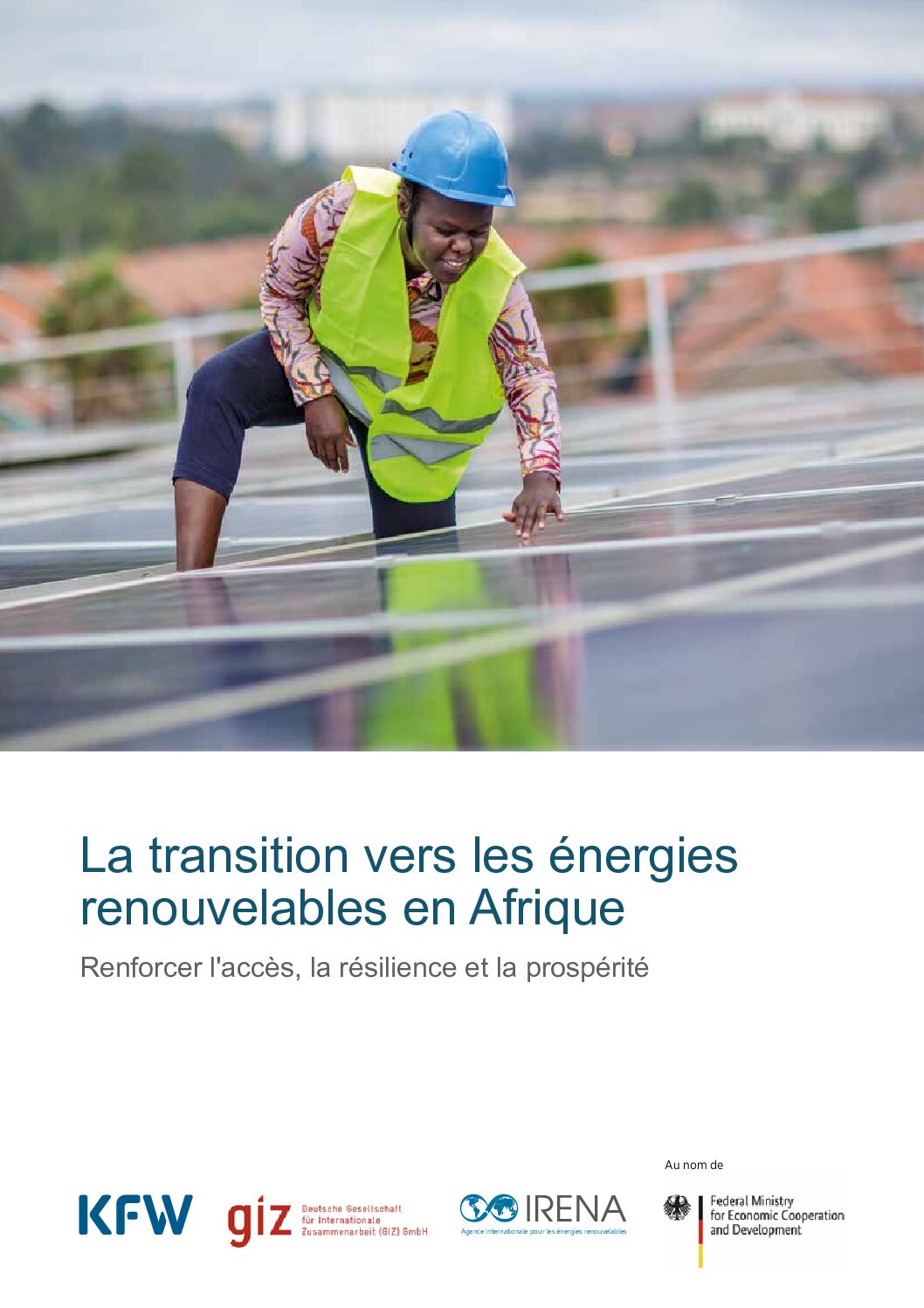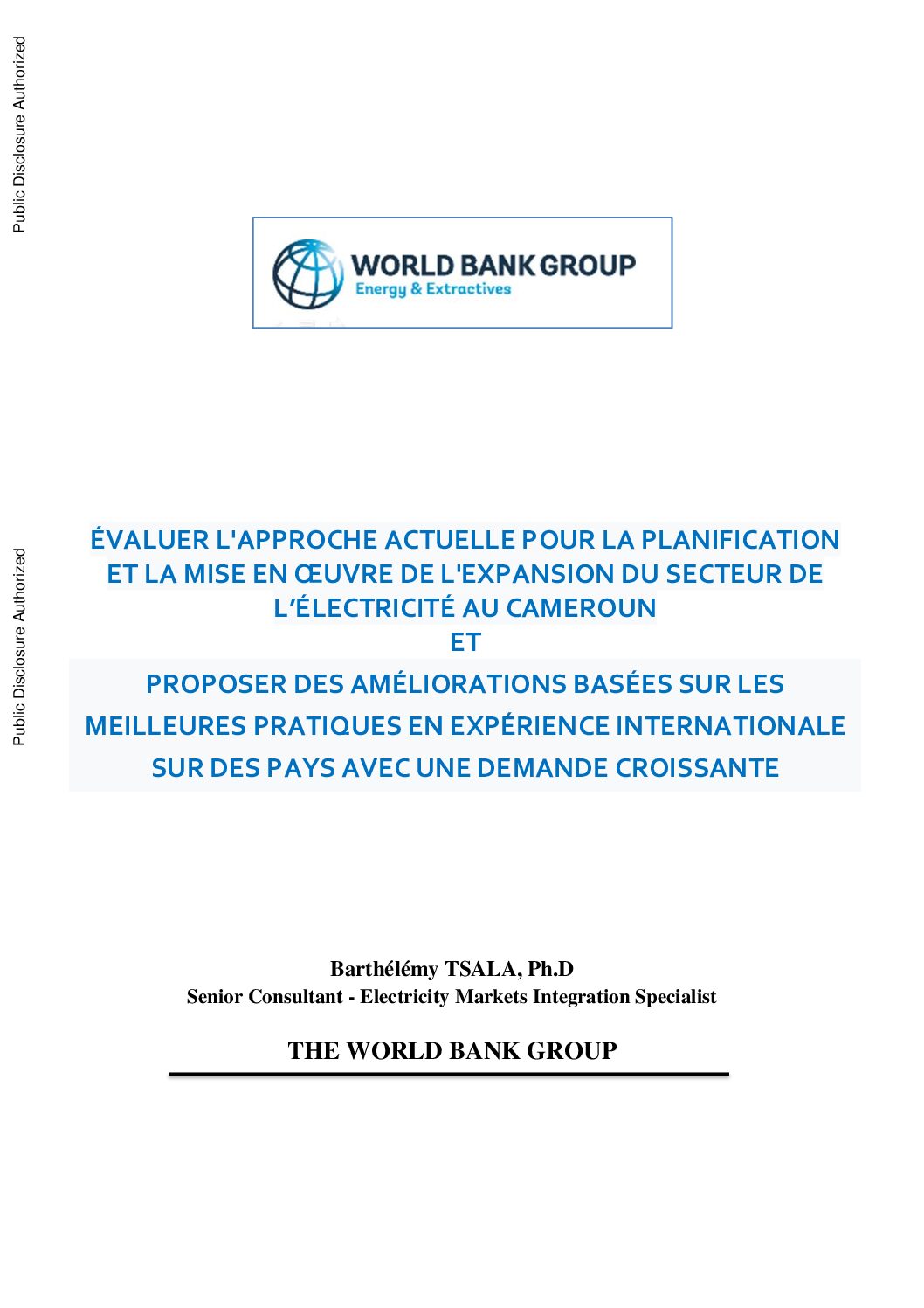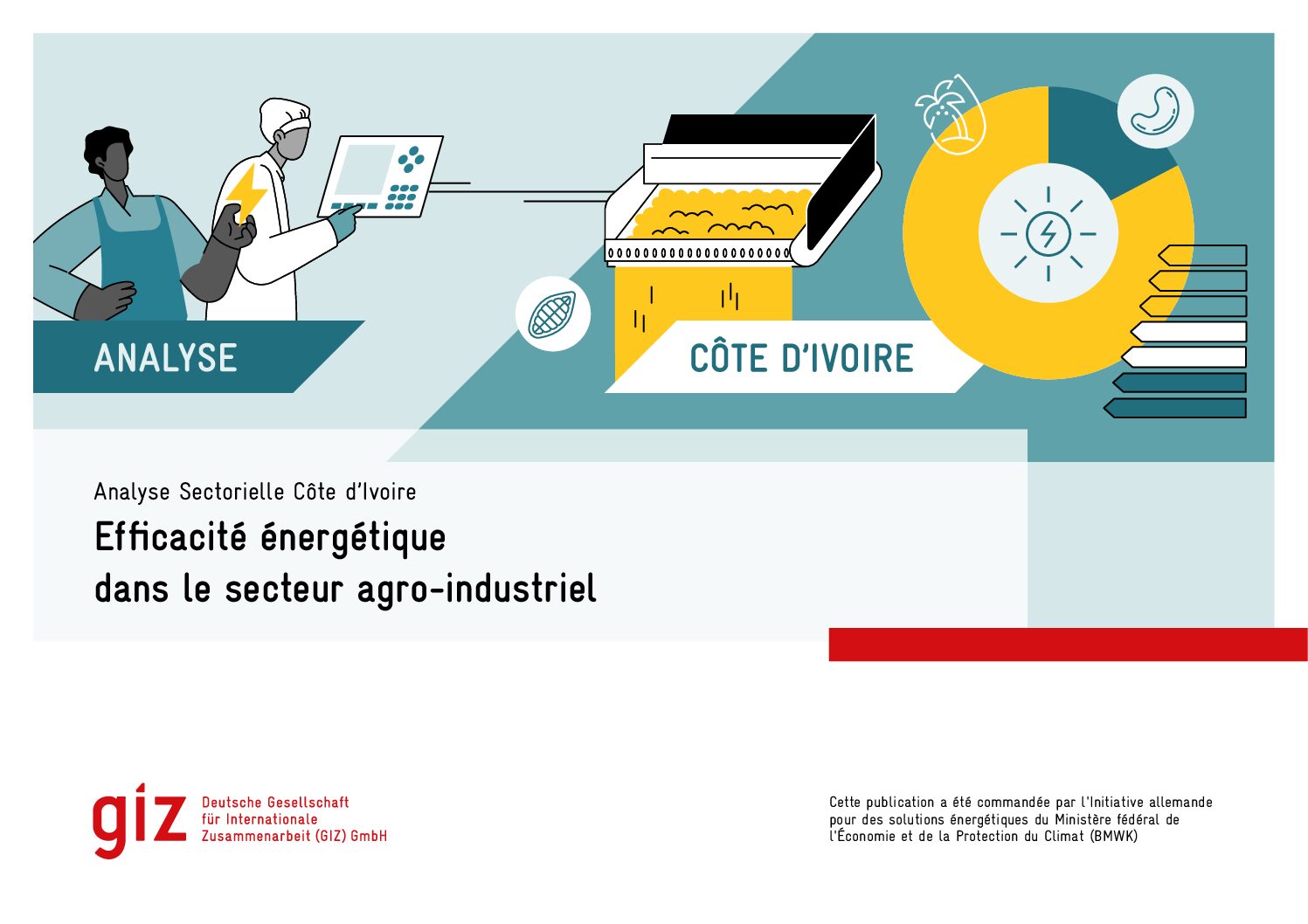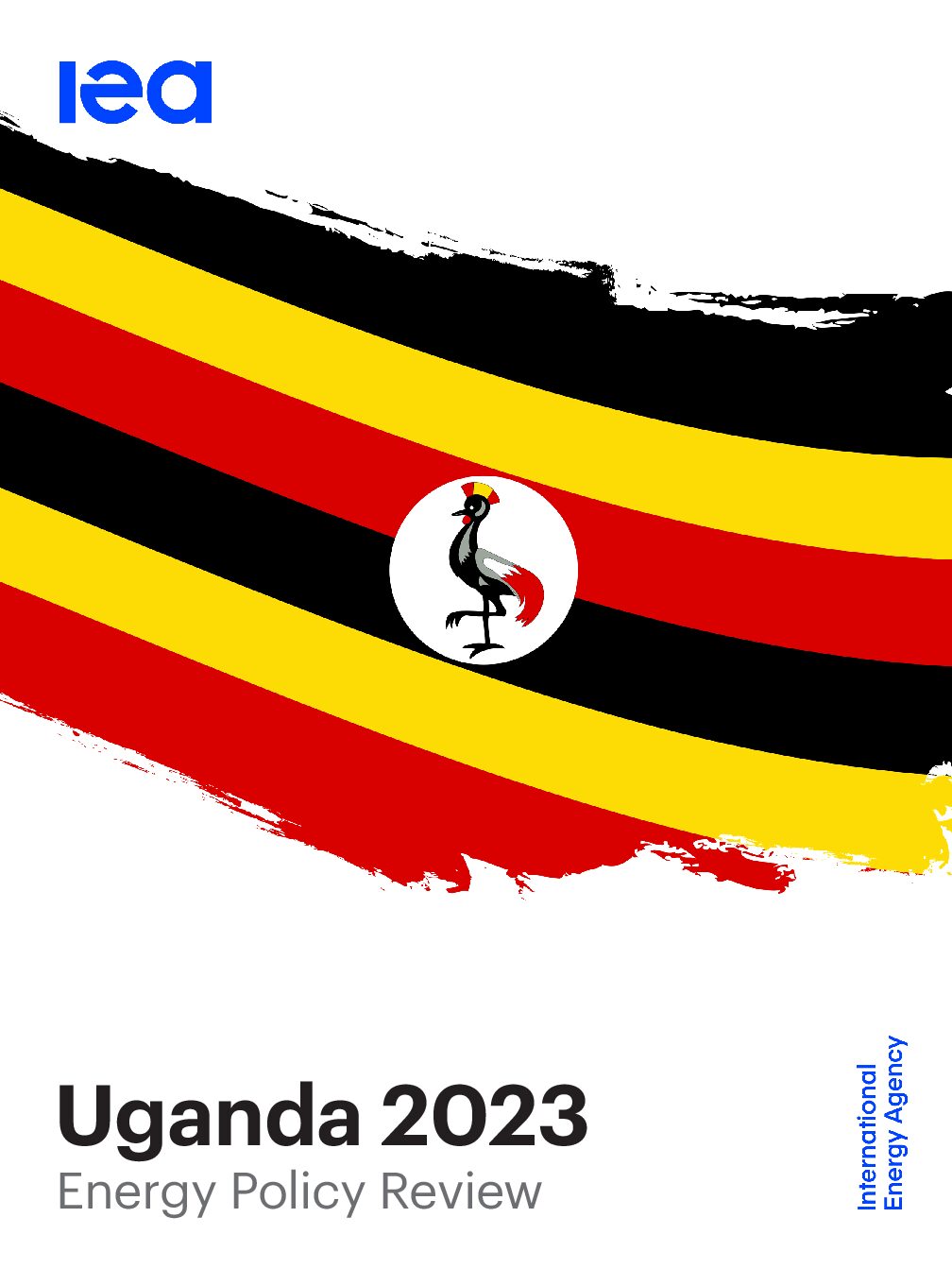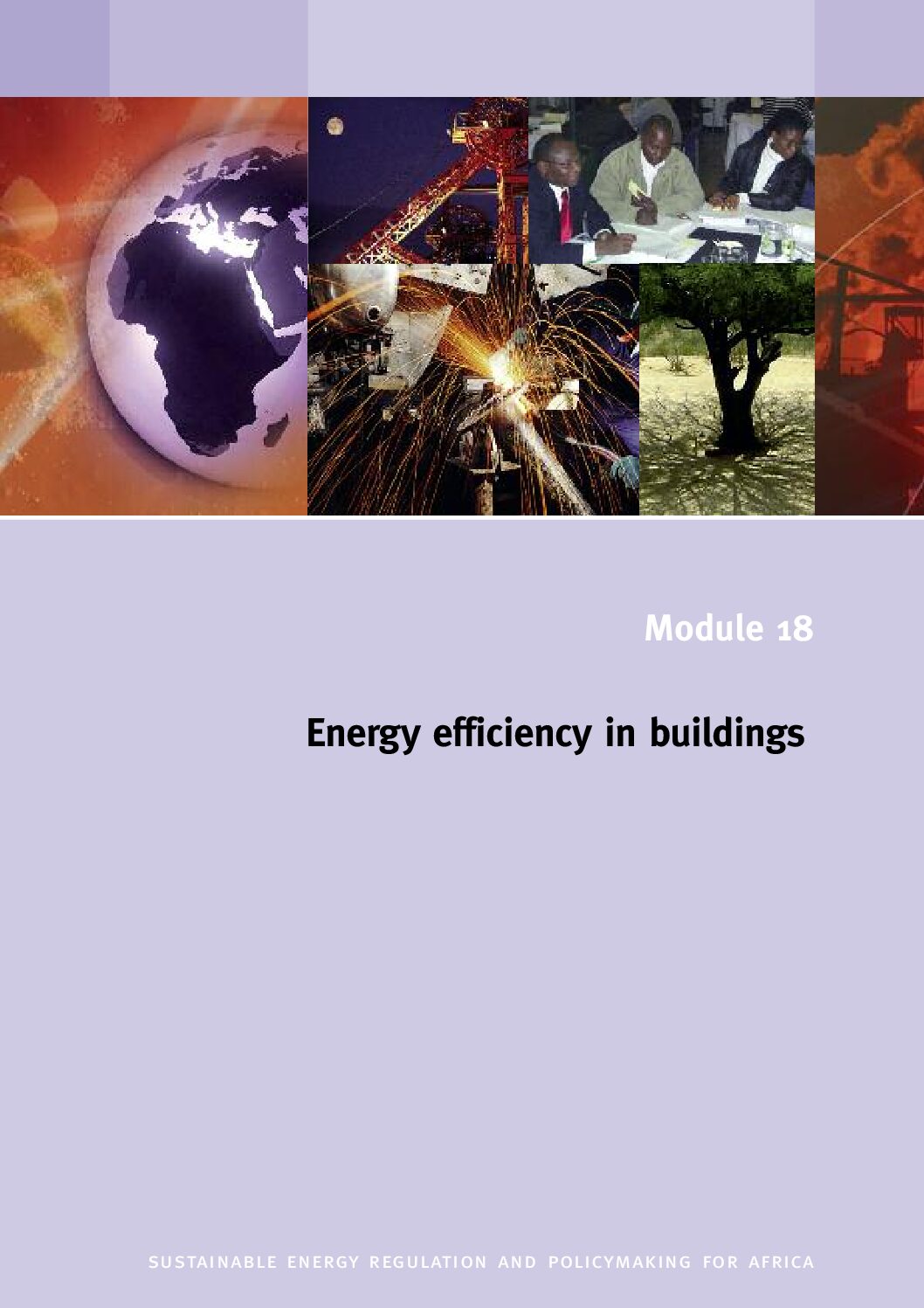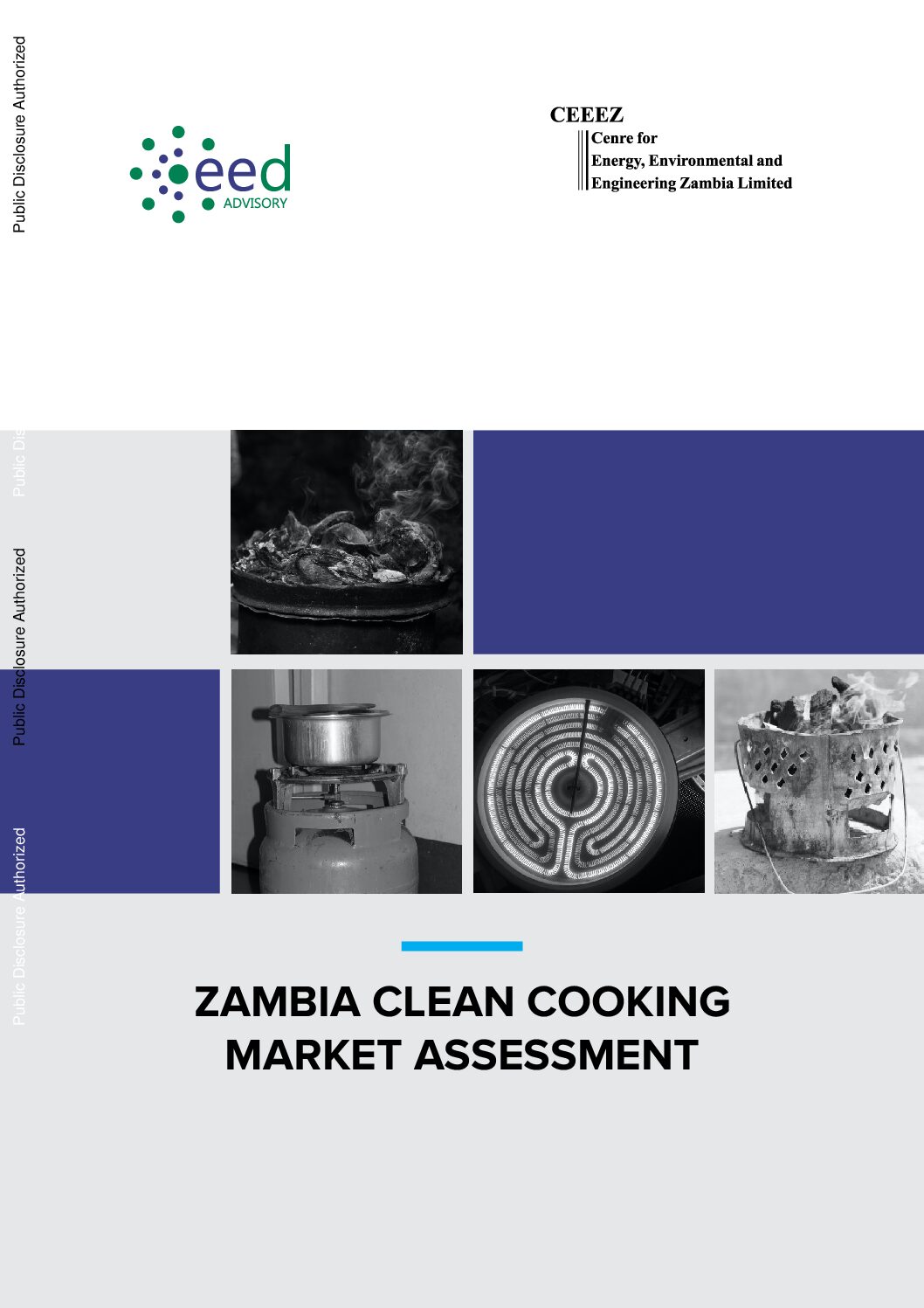This feasibility study describes the institutional framework for waste management in Côte d’Ivoire, presents a baseline on compost and biogas value chains, and provides a feasibility assessment based on economic models.
This report describes the context and potential for hydropower development in Madagascar.
This report provides an extensive overview of the hydropower sector in Cameroon, including technologies, project management, and socio-economic and environmental context, and offers an assessment of the feasibility of a specific micro-hydro project in Yaoundé.
This study shows how the transformation of Africa’s energy sector can be achieved, and what the prospects and challenges are for the next 30 years.
This report presents an assessment of the current approach to planning and implementing power sector expansion in Cameroon, and proposing improvements based on best practice from the international experience of jurisdictions with growing demand.
This report examines the trends of renewable energy investment and finance in Sub-Saharan Africa (Chapter 2), driven by regional and national plans, targets and strategies for the sector (Chapter 3), and the policy environment for renewables in the region (Chapter 4).
This report presents an analysis of energy use in and efficiency solutions for five key agro-industries in Côte d’Ivoire: cocoa, palm oil, cashew nuts, sugar and milling.
This report takes stock of the latest energy trends, assesses Uganda’s energy policies and provides policy recommendations.
This module aims to help policymakers and regulators understand the potential benefits of and opportunities for improving the efficiency of buildings and give them a background on the key issues to be addressed when developing suitable policies and a framework for implementation.
This assessment provides a detailed overview of the Zambian market for clean cooking solutions.


